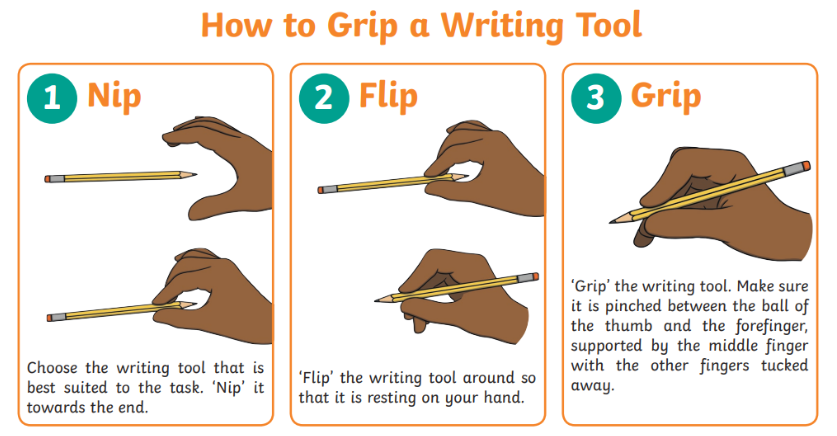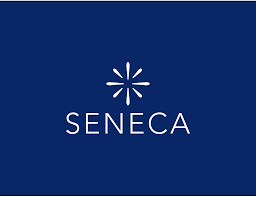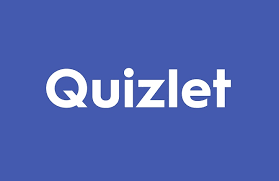Homework
Homework - Primary Phase
Homework Expectations
Our homework expectations are based upon the following key strands:
- to raise standards in key areas like reading, learning times tables and spelling
- to follow research about how to get the best from homework
- following feedback from parents about the current format
Weekly homework tasks
Each week, there will be one of three possible types of homework (not all three in one week). It should take a minimum of around 30-40 minutes, possibly carried out over a few days.
Talk Time: The purpose of Talk Time is to encourage a conversation around pupil’s current learning. We want our pupils to be expert talkers, using a variety of sentences and expressions, and able to back up their points or disagree with others in a polite way. Simply: it’s hard to be a good writer if you’re not a good speaker, so Talk Times using ambitious words, useful phrases, interesting sentences is the best way to support your child. Pupils shouldn’t spend a lot of time on the presentation of the Talk Time homework. Instead, they can make notes which will act as a prompt when it is discussed in class the following week.
Talk Time is also a great opportunity to use mother tongue language and we would encourage this where possible. Research conducted by Cambridge University suggests that ‘multilingual competence plays a significant role in students’ academic performance, bolsters cognitive development and expands memory’.
Creative: Creative homework is an opportunity for your child to choose whatever they want to demonstrate some learning. These tasks will be based on different subjects each time e.g. Science, Faith or Art. Pupils will be given a few weeks to work on these and then will be asked to bring them into school to show and discuss.
Practice Makes Perfect: This is useful homework when something has been taught in school but needs consolidation and will focus on Maths & English. This will involve directing pupils to recommended websites and useful resources to support the learning taking place in the classroom. No online submission is required for this but it will be followed up in class.
First News (KS2): Optional
There will be a continuation of the First News activity that is set but no submission is required on Show my Homework and this will be picked up as part of Talk Time feedback.
Research that supports our approach
All of this corresponds to recommendations following research by the National Foundation for Educational Research, which says:
Effective homework is associated with greater parental involvement and support.
Creative homework is just that: your child can be as creative as they want, and this can involve as much of your involvement and support as you want in order to get the most out of the experience.
Talk Time homework completely matches this, too, with not a lot of effort or time involved by you. It’s all about involving your child in thoughtful, open discussion, and in developing language use.
Short focused tasks or activities which relate directly to what is being taught, and which are built upon in school, are likely to be more effective.
Homework tasks will always link to some learning in school, whether that is in English, Maths, Science or something else, and the homework will always be followed up the next week with some sort of review:
Talk Time homework will be followed up by a class discussion or debate.
Creative homework will be followed up by sharing and celebrating the different interpretations, during which the teacher (and peers) will provide feedback.
Practice Makes Perfect homework will consolidate key Maths & English learning in class.
Daily expectations
Reading at Home
All pupils from Reception to Year 6 are expected to be reading daily at home. Pupils are encouraged to read regularly to improve their fluency and understanding of texts. Research by the Literacy Trust conducted in 2021 concluded that ‘Children and young people who read daily are four times more likely to read above the level expected for their age compared with their peers who don’t read daily’.
Reading at home is also an opportunity for children and parents to share a love of reading as well as spending time to discuss the text. Parents and children should ask questions about the text, promoting the children to think more deeply about what they are reading. We would also encourage the use of mother tongue languages when asking questions or asking children to explain the text. Research shows that bilingual or multilingual pupils perform better than their monolingual peers, so encouraging the continuation of home language use for pupils will support their academic achievement and plays a significant role in strengthening identity.
In EYFS & KS1 pupils should be reading their selected book daily and a summary of the shared reading session should be recorded in the child’s reading record for the teacher to monitor. In addition to this, pupils in EYFS & KS1 should spend at least 20 minutes engaging in reading books alongside their parents/carers to further promote a love of reading for pleasure.
Pupils in KS2 should be reading their book of choice for at least 20 minutes daily and reading records should be signed twice a week and notes recorded. Pupils in KS2 should be heard reading by parents/carers and given time to read independently.
Phonics
EYFS & KS1 will receive guidance on the phonics phase that pupils will be covering in the phonics lessons for that half term. With this will be a link to the Little Wandle YouTube channel to allow parents access to helpful video guidance and how-to videos.
Writing
Please encourage pupils to have the correct pencil/pen grip for any written tasks being carried out and mirror the Nip, Flip & Grip technique that we use in school:

Spellings
KS1 & KS2 pupils will receive a list of ten spellings each week which will be tested the following week.
Faith & Virtues
All children will be encouraged to reflect on the virtue of the week linked to their Nishkam passport.
There will be regular homework projects set linked to the NST Faith Calendar throughout the school year.
Homework - Secondary Phase
Homework is an integral part of the curriculum at Nishkam School West London and gives opportunities for pupils to consolidate and extend their learning outside of the classroom. Homework helps to create independent learners and gives pupils opportunities to practice and refine the skills they have learnt in school. All subjects will set one piece of homework each week and tasks will take pupils between 30 and 40 minutes to complete. Homework tasks will be shared with pupils via MS Team and will often make use of online learning platforms such as Seneca Learning, Hegarty Maths and Quizlet. At NSWL we have a homework guarantee that pupils will be given sufficient time to complete all homework tasks. Pupils will never be asked to submit homework the day after it has been set. In order to ensure quality homework from all pupils, pupils will always be given at least two evenings to complete their homework tasks.
|
|
Seneca has hundreds of resources for Key Stages 3, 4 and 5. Seneca’s resources have been developed to meet the requirements of the examination boards and will be used in class, for homework assignments and as a useful revision tool.
|
|
|
Hegarty Maths helps pupils develop their skills in all areas of the Maths curriculum. Work will be tailored to the skills of the pupil and tasks are delivered in the comprehensive and rigorous manner. |
|
|
Quizlet uses flashcards, practice tests and games to help pupils to develop their memory and recall. Quizlet is used regularly in MFL. |

What is Seneca?
Seneca is an online learning platform designed to improve learning outcomes by using the latest cognitive science research. - In a Randomised Control Trial with 1,120 Year 9 students (published in Impact journal - Feb 2018) students using Seneca outperformed the control groups by 65-105%! Seneca embeds principles from cognitive science that have been shown to improve learning and retention including:
- Dual-Coding
- Elaboration
- Interleaving
- Spaced practice
- Retrieval practice
- Concrete examples
What is included in Seneca Premium?
Premium Learning Tools:
Our Premium learning tools help students to learn as effectively as possible. They harness the latest research and student data to focus students on the learning that will make the largest impact on their achievement.
- Smart Learning Mode uses our smart algorithm, and insights from cognitive neuroscience & AI to generate recommendations of which topic students should study next to ensure maximum retention.
- Wrong Answer Mode encourages students to focus on the questions they struggle with the most. Students will only see questions on topics they have got wrong in the past, focussing their efforts on the areas they find most challenging
- Notes-only mode, say goodbye to revision guides! Premium unlocks revision e-book notes for each topic for your students.
Premium Courses:
Students gain access to hundreds of targeted learning courses such as:
- Predicted Papers and other revision courses to get your students prepared!
- 7-9/A-A* Knowledge and Hardest Questions for your top students
- Hyperlearning and HyperFlashcards courses that keep students engaged.
Boost Exam Technique with AI Marked Exam Questions:
Get students practising our 7000+ exam questions marked by AI. With premium, teachers can set an unrestricted number of exam question assignments per class, as well as exam-questions-only assignments.
Tutorial Video on how to connect to your child’s account:
How to connect my parent account to my child's account? | Seneca Learning Help Center
Frequently asked questions:



